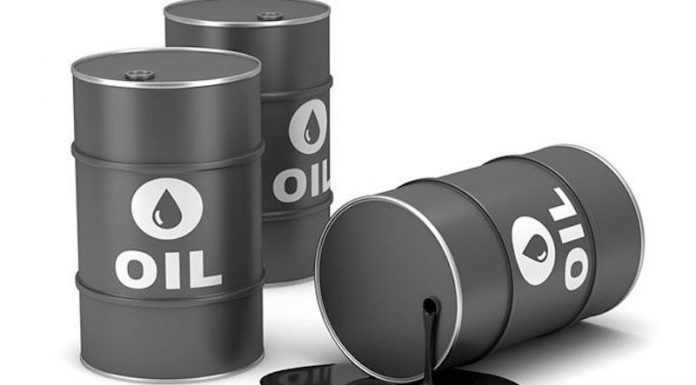The fall in oil prices has been identified as a major reason for the delay in reaching an agreement between Nigeria and the Saudi Arabian oil company, Aramco, on a $5 billion oilbacked loan, which the country wants to access.
Reuters quoting four anonymous sources yesterday also confirmed that the decline in oil prices was also affecting the size of the proposed loan. According to the sources, the Aramco loan would be backed by at least 100,000 barrels per day of oil.
However, it would almost double the roughly $7 billion of oil-backed loans taken in the last five years. President Bola Tinubu has sought approval for $21.5 billion in foreign borrowing in April to bolster the budget, and the $5 billion oil-backed facility under discussion with Aramco would be part of that, sources said.
According to them, the banks involved in the negotiation that are expected to co-fund part of the loan with creditor Aramco have expressed concerns about oil delivery and that has slowed the negotiation.
They added that Gulf banks and at least one African lender are involved. However, Reuters reported that it could not establish the banks’ identities. A source told Reuters: “It’s hard to find anyone to underwrite it. There are concerns over the availability of the cargoes.
Oil prices at the international market had been fluctuating around $60 range after a significant selloff in early April, over OPEC+’s announcement to increase the unwinding of voluntary production cuts totaling 2.2 million barrels per day, and renewed concerns over President Donald Trump’s trade war rhetoric impacting hydrocarbon markets. Neither the finance or petroleum ministries had made comments.
Also efforts made by New Telegraph to get the response of the Nigerian National Petroleum Company Limited, proved abortive as the Chief Corporate Communication Officer, NNPC Ltd, Mr Olufemi Soneye, had yet to respond as of the time of filing the story.















